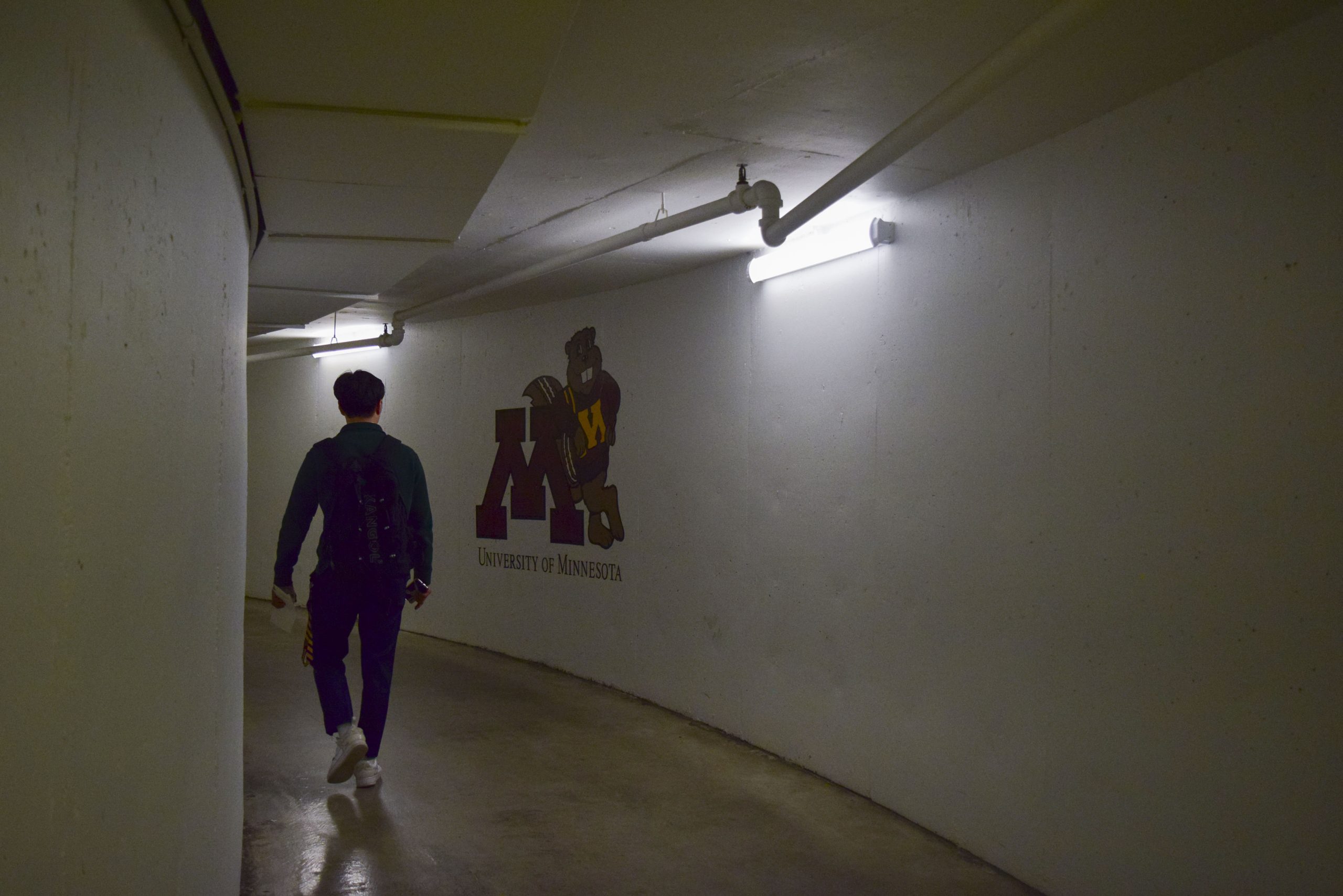In recent months, a new and wholly unfamiliar thing has been coming out of Iraq – good news. Violence in the country has dropped and casualty rates for U.S. soldiers have declined to the lowest in years, and President George W. Bush’s temporary “troop surge” is credited with these results. It’s true that the surge has increased security in Baghdad, but two other factors are also responsible for the overall drop in violence, and all three could be unraveling soon.
The “Sunni Awakening,” tribes in southern and western Iraq that made up the backbone of the insurgency a few years ago, agreed to stop fighting our military and turn on al-Qaida in Iraq in exchange for cash and arms. This happened independent of the surge, though, and these same Sunni tribes are the elements most vehemently against the Shiite-controlled central government in the entire country. Arming one militia hostile to the Iraqi government to take out another militia hostile to the Iraqi government is not a recipe for national reconciliation.
Muqtada al-Sadr has been imposing a cease-fire on his militia in order to reassert his control, and this was recently extended for another six months. Along with the surge, this cease-fire has enabled the increased security in Baghdad. But this could be called off at any time, and the violence that wracked the country in 2006 would return.
And the surge, the lone element of this fragile situation that is completely in our country’s control, is scheduled to end because there are simply no more forces to send to Iraq. Gen. David Petraeus is expected to ask for a freeze in troop reductions in April, but eventually these troops will be drawn down, and the pause may only delay what many fear as inevitable without national reconciliation – a full-blown civil war between Iraq’s Shiites and Sunnis.
A cynic might say that it isn’t an accident that Bush is using this set of temporary alliance to keep violence down while he is in office, but could rapidly boil over after he leaves, enabling him to blame the resultant chaos and possible regional war on his successor.















